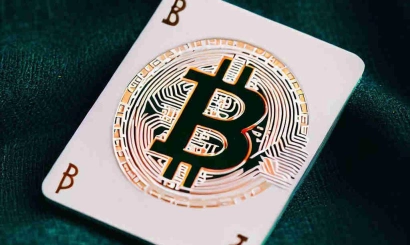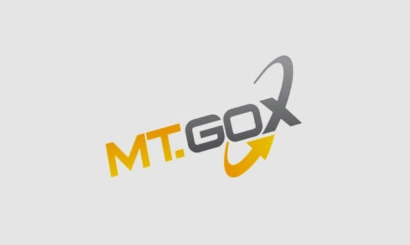Hong Kong will not allow the issuance of algorithmic stablecoins
Hong Kong's Monetary Authority will take control over the issuance of stablecoins and monitor the quality of reserves to secure the coins
Hong Kong intends to introduce licenses for issuers of stablecoins. This is stated in a document published by the country's main financial regulator, the Hong Kong Monetary Authority (HKMA). Organizations that provide services related to stablecoins in Hong Kong will also have to obtain a license.
The regulator received a total of 58 responses from industry, government agencies, businesses, professional organizations, and individuals. The HKMA said respondents were generally supportive of risk-based and flexible regulation of stablecoins.
The HKMA plans to control the issuance, management, and maintenance of fiat-collateralized stablecoins. For this purpose, issuers will be required to maintain reserves at a level corresponding to the value of coins in circulation. However, the regulator will assess not only the size of reserves, but their quality - the assets should be highly liquid.
The document also says that the issue of algorithmic stablecoins (which are tied to fiat currency prices provided by another digital asset of the same issuer) will not be allowed. The ban on this kind of coin is due to the fact that Hong Kong wants to protect itself from situations like the TerraUSD crash last May. The algorithmic mechanism of that coin failed, and its exchange rate lost its peg to the U.S. dollar.
Regulatory mechanisms are still under development, during which the Authority will take into account feedback received, as well as market developments and international discussions.
Last October, the government announced the legalization of retail cryptocurrency transactions. In early December, the Hong Kong Legislative Council passed legislation that introduces the concept of virtual assets and establishes mandatory licensing for crypto-service providers starting June 1 this year.
- Santiment analysts report growth of "whales" investments in altcoins
- Santiment named the top 10 fastest-growing altcoins
- OKX says it is "100% clean" in securing customer assets
- Alameda sues Voyager for $445 million
- El Salvador's president accused the world's leading media of lying
- Binance will launch a tool to prevent market manipulation




_410x245_00e.webp)


